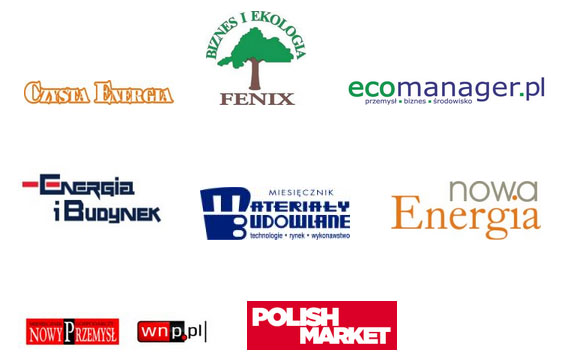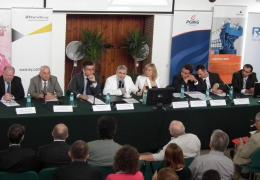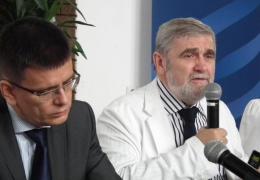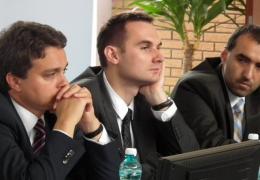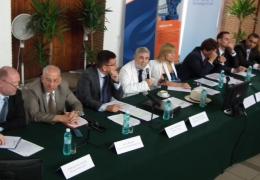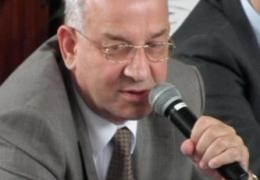Invitation to the debate
LIBERALISM OR LAISSEZ-FAIREISM?
LEGAL CONDITIONS RELEVANT TO THE ELECTRICITY AND GAS MARKET
30 June 2011 (Thursday), 11.00 a.m.,
Museum of Gas, Kasprzaka 25, Warsaw
In recent times, there have been radical changes in the functioning of the European natural gas and electricity market. These changes are connected with progressing economical development, the popularisation of the use of natural gas and legislative changes on gas and electricity markets.
In Poland, the introduction of liberal legal reforms had the greatest impact on the functioning of the energy market. Unfortunately, the application in practice of the right to change electricity supplier is still subject to limitations - energy companies, which have a geographical monopoly, are not rushing to inform their clients about the possibility of changing electricity suppliers.
The gas market is also still waiting for changes to occur. The activities aimed at the liberalisation of the gas market that have been undertaken, have had so far just a limited impact on increasing the competitiveness of the economy and evening out the discrepancies in standards of living in Poland and other EU member states. The monopoly has not been broken, which is characterised by a lack of gas supply based on the use of the TPA principle. The lack of vital legal acts regulating the natural gas market contributes to the risk of unexpected price increases and increased risk that an energy crisis will break out. Competition on the gas market will be a chance for improvement. Such situation may occur if extraction of Polish shale gas resources takes place. This lies in the sphere of interest of such companies like PGNiG but also Shell, BP or Gazprom. Preliminary estimates of Polish shale gas resources amount between 1.5 and 3 trillion cbm. It shall allow for covering national demand for natural gas for 100 years (annual consumption in Poland ca.14 bln cbm). - We are determined to make shale gas extraction a fact – stated Polish PM, Donald Tusk. Search for domestic energy sources shall be, in his opinion, a priority. As well as the start-up of LNG terminal in Świnoujście and construction of the North-South pipeline between the LNG terminals in Świnoujście and Croatian island Krk.
What is the real chance for realizing these projects? Who will finance them? During the debate we will analyse key issues underlying the creation of competitive electricity and gas markets, including problems connected with third party access to infrastructure and abuse of a dominant market position in the energy sector. We have invited lawyers, specialists from the energy sector, as well as economists, representatives of business spheres and administrative bodies responsible for electricity and gas-related issues, including national security, to participate in this discussion.
In the debate took part:
- Prof. Krzysztof Żmijewski, Secretary General of the Public Board of the National Programme for the Reduction of Emissions;
- Jacek Brandt, Director - International Cooperation and Regulation, TGE S.A. ;
- Marcin Lewenstein, Director of Strategic Planning Bureau, PGNiG SA;
- Andrzej Janiszowski, Director of Regulation Department, PGNiG SA;
- Łukasz Pawłowski, Director of Bureau for Corporate Customers, PGNiG SA;
- Marek Kamiński, Business Advisory Director, Department of Gas, Ernst&Young;
- Andrzej Szczęśniak, expert in fuel markets.
ORGANIZERS
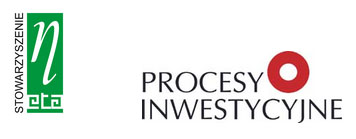
CO-ORGANIZATION

HONORARY PATRONAGE

CONTENT PATRONAGE

STRATEGIC PARTNERS
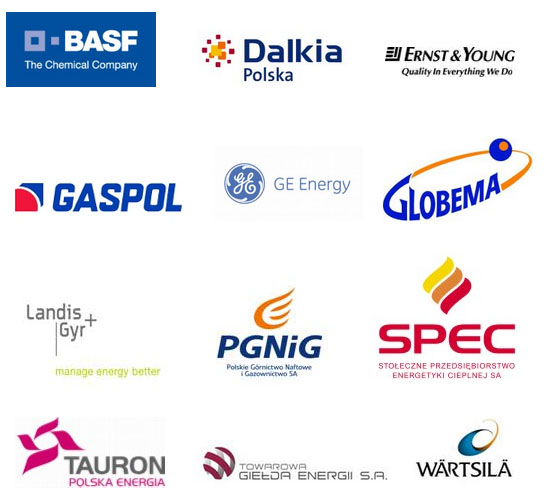
EVENT PARTNERS
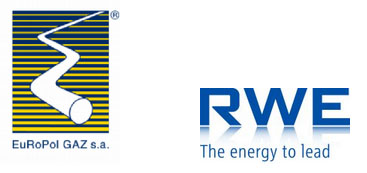
MEDIA PATRONAGE
